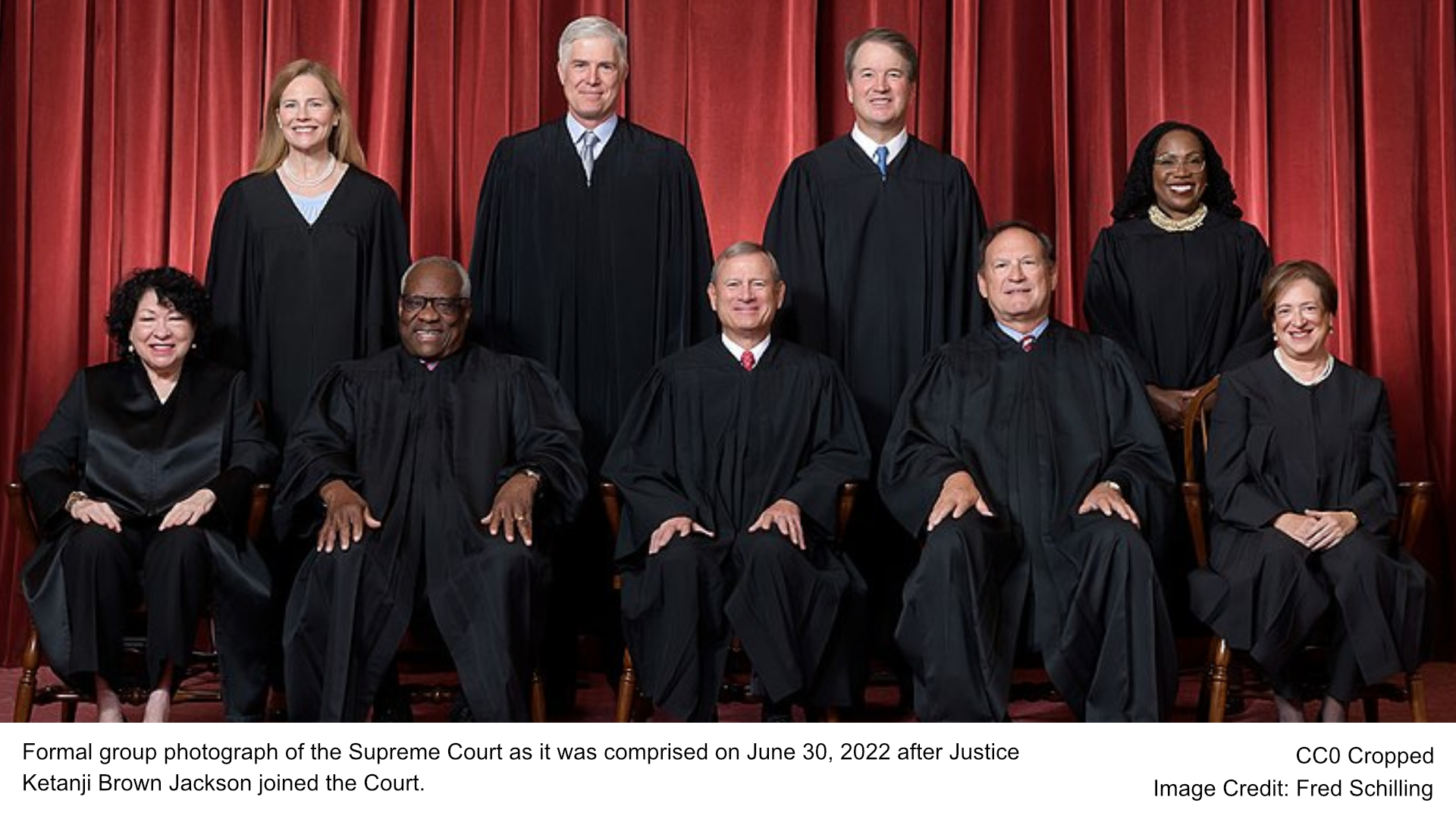President-elect Donald Trump faced a setback on Thursday as the Supreme Court denied his appeal to delay sentencing in his criminal case in New York. The 5-4 decision means the sentencing will proceed as planned on Friday. This case centers on hush money payments made to adult film star Stormy Daniels in 2016.
- The Supreme Court denied President-elect Donald Trump’s appeal to delay sentencing in his New York criminal case, allowing the sentencing to proceed as scheduled.
- The 5-4 decision saw Chief Justice John Roberts and Justice Amy Coney Barrett joining the liberal justices, marking a shift in the court’s stance on Trump-related cases.
- The case involves falsified business records related to hush money payments to Stormy Daniels, though no prison time is expected for Trump.
- Trump plans to appeal, arguing presidential immunity and claiming the case is politically motivated, as he focuses on preparing for his second presidential term.
Chief Justice John Roberts and Justice Amy Coney Barrett joined the court’s liberal justices in the majority decision. The ruling marks a departure from the court’s previous decisions, which had been more favorable to Trump. As Trump prepares for his return to the White House on January 20, this legal challenge adds to his complex political landscape.
The court emphasized that Trump can address his arguments on appeal, noting that the sentencing burden is not significant since no prison time is involved. Trump expressed his intention to appeal, viewing the case as politically driven.
Manhattan District Attorney Alvin Bragg opposed the Supreme Court’s intervention, arguing that the case should proceed in the interest of justice. Trump’s attorneys cited presidential immunity, referencing a past Supreme Court ruling protecting official acts. However, the court dismissed these claims at this stage.
Judge Juan Merchan, overseeing the trial, indicated Trump would not face prison time. Trump’s conviction involves falsifying business records linked to the hush money payments. His legal team argued that certain trial evidence covered his official actions, seeking protection under the Supreme Court’s prior ruling.
As Trump navigates this legal hurdle, he remains focused on his second presidential term. Despite ongoing legal battles, Trump continues to challenge the verdict. Friday’s sentencing will be a historic event, as Trump becomes the first U.S. president to be sentenced on felony charges before taking office.







Be First to Comment